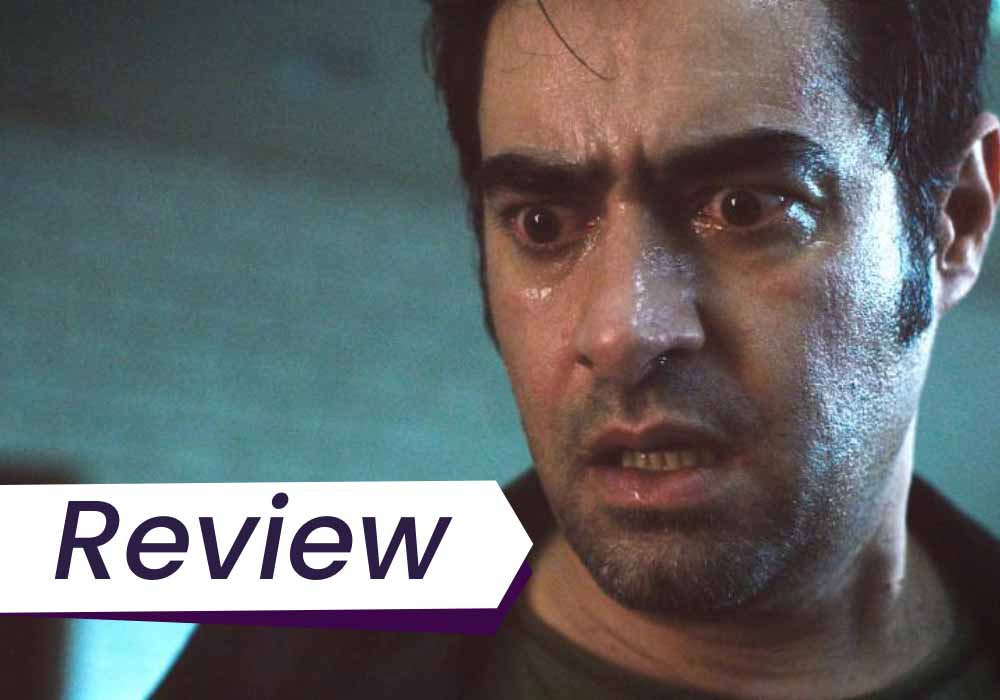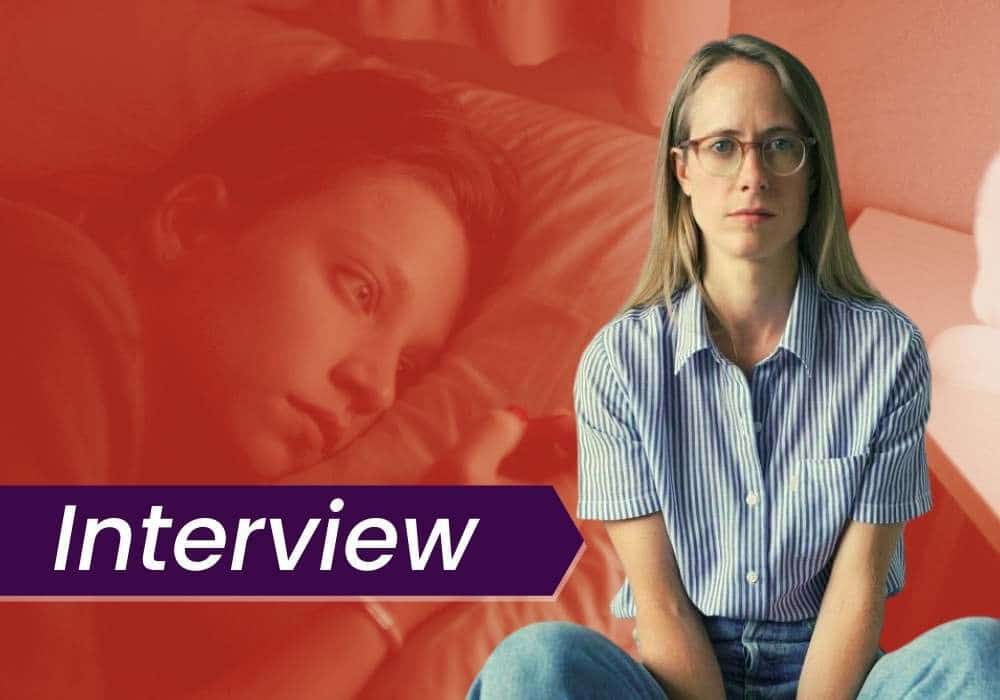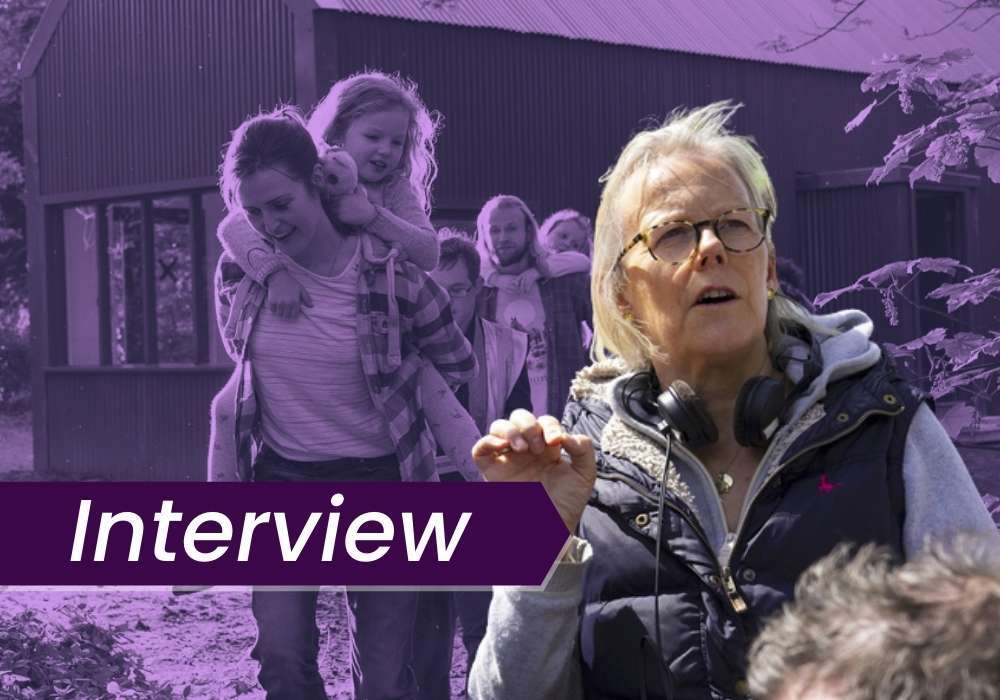Radu Ciorniciuc’s documentary Acasă, My Home follows the Enache family, whose patriarch has decided to live outside conventional society.
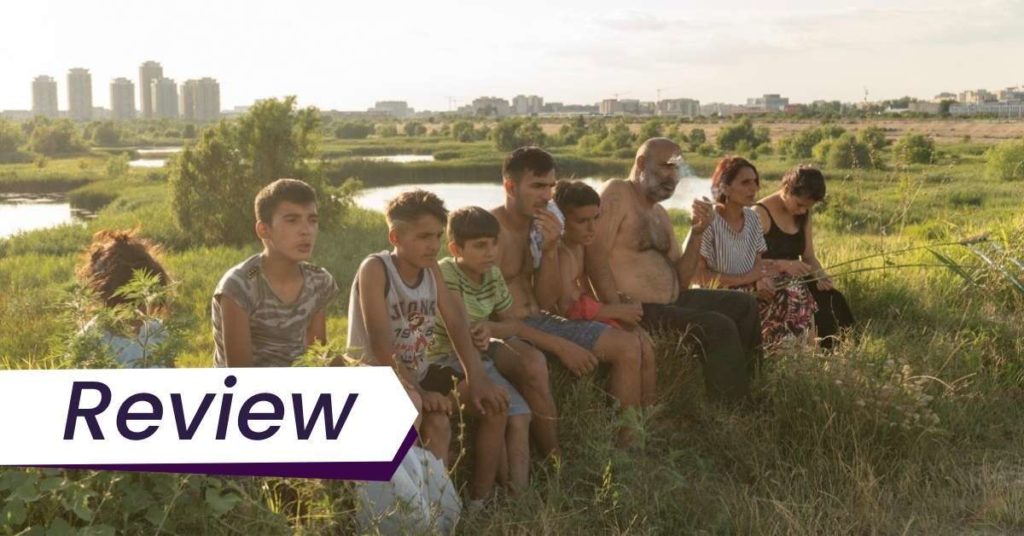
Discover one film you didn’t know you needed:
Not in the zeitgeist. Not pushed by streamers.
But still easy to find — and worth sitting with.
And a guide to help you do just that.
As demands for productivity and capital increase, it takes guts to opt out of the game and learn to find self-worth elsewhere. Modern life can be cruel and relentless, full of too much time indoors at work and not enough with nature or loved ones. It’s not surprising to me that Gica, the patriarch of the Enache family featured in Acasă, My Home, has decided that regimented city life is not for him. He prefers to reside in a small shack in the Văcărești Delta in the middle of Bucharest, living off the land in absolute poverty and answering to no one. While this choice might be suitable for a solitary man, the addition of nine children and a spouse complicates matters significantly, along with the state’s decision to make the land an official nature park.
Director Radu Ciorniciuc takes his time setting up this documentary narrative and is careful to avoid emotional manipulation. We aren’t meant to pity the Enaches, only to observe and try to understand them. At the beginning of the film, we see the children happy and carefree, fishing in the pond, joking around, and sleeping together in a mess of dirty blankets. All things considered, they are relatively well-adjusted. Aside from their extreme living situation and social services-related anxieties, they seem like any other kids.
The languid, poetic cinematography (by Ciorniciuc and Mircea Topoleanu) highlights the magic of a freewheeling childhood spent outdoors. Golden light bathes the children as they walk down grassy paths; a pre-sunrise fishing trip is illuminated by the glow of a headlamp, hazy orange skies, and the reflection of distant city lights on water; the “best potatoes in the world” are devoured in the shadows, made visible by heavy steam. For the children, this life is all that they know; moments of beauty are everywhere.
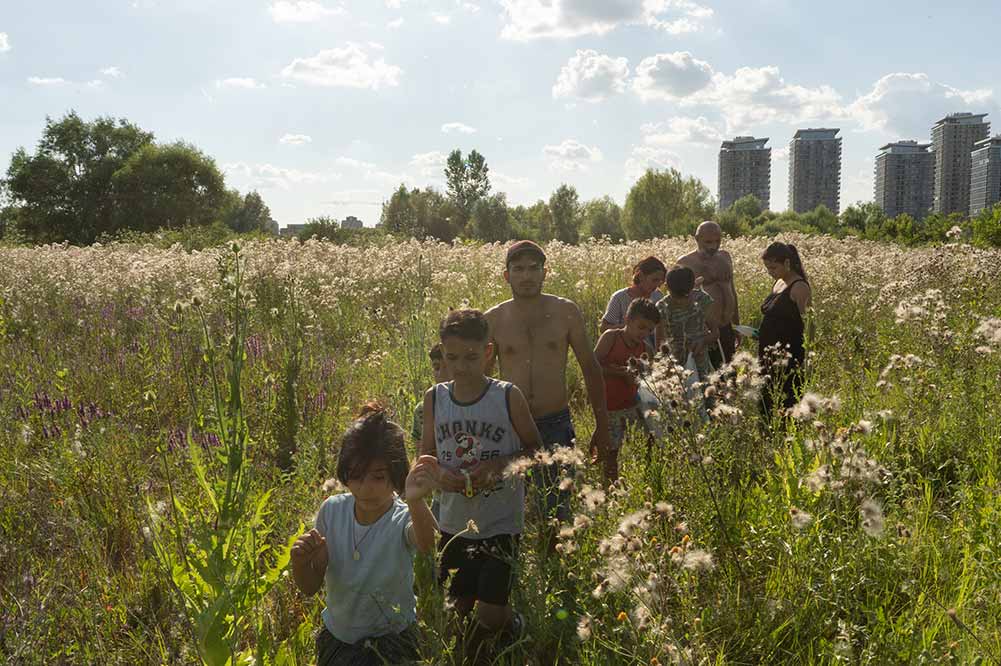
As more attention is given to the area where the Enache family lives, it becomes increasingly difficult for them to fly under the radar. The government wants the children in school, not roaming around barefoot in the winter and sharing a room with pigeons. The family’s exit from the park looms as the freedom they once enjoyed is slowly stripped away. Gica can’t even plant a few willow trees without consulting the Nature Park Association. Burning trash is now forbidden due to brush fire concerns. Eventually, the government intervenes, the shack is torn down, and the Enaches relocate to an apartment in Bucharest.
What happens in the city is unremarkable — part of the family thrives while the other suffers — but the empathy the film exhibits is unforgettable. It would be easy to denigrate Gica and his wife Niculina for putting their children at such a disadvantage. During a brutal fight with his father where he lays out several resentments, Vali notes, “At sixteen, I couldn’t read or write. I started from scratch.” Gica, who frequently tells his children to shut up and blathers on about how he’s “the boss,” is the type of man who desperately wants respect and believes that it’s owed to him. He simultaneously loves his children but also believes that “I’m their father; I can kill them if I want to.” It would be easy to write him off as an asshole, but Ciorniciuc doesn’t cave to that simplicity.
Ciorniciuc chronicles how Gica attempts to use his children to elevate his own sense of importance. When Prime Minister Dacian Ciolos visits the park, Gica proudly declares, “I have nine children. I’m not a nobody.” Later, he explicitly reveals to Vali that “I hoped, if I had lots of children, I’d become a better man.” This statement strikes me as heartbreakingly sad in its honesty. We don’t know what Gica was like before he had kids, so it’s impossible to say if they made him better. What we can see is that his actions have negatively impacted them, whether they’re aware of it yet or not. If intentions are good but outcome is bad, how should the blame be distributed? What right does a father have to raise a child as he wishes, even if it goes against the grain? Acasă, My Home encourages the viewer to really see what’s going on and draw their own conclusions.
You could be missing out on opportunities to watch great films like Acasă, My Home at virtual cinemas, VOD, and festivals.
Subscribe to the Seventh Row newsletter to stay in the know.
Subscribers to our newsletter get an email every Friday which details great new streaming options in Canada, the US, and the UK.
Click here to subscribe to the Seventh Row newsletter.
